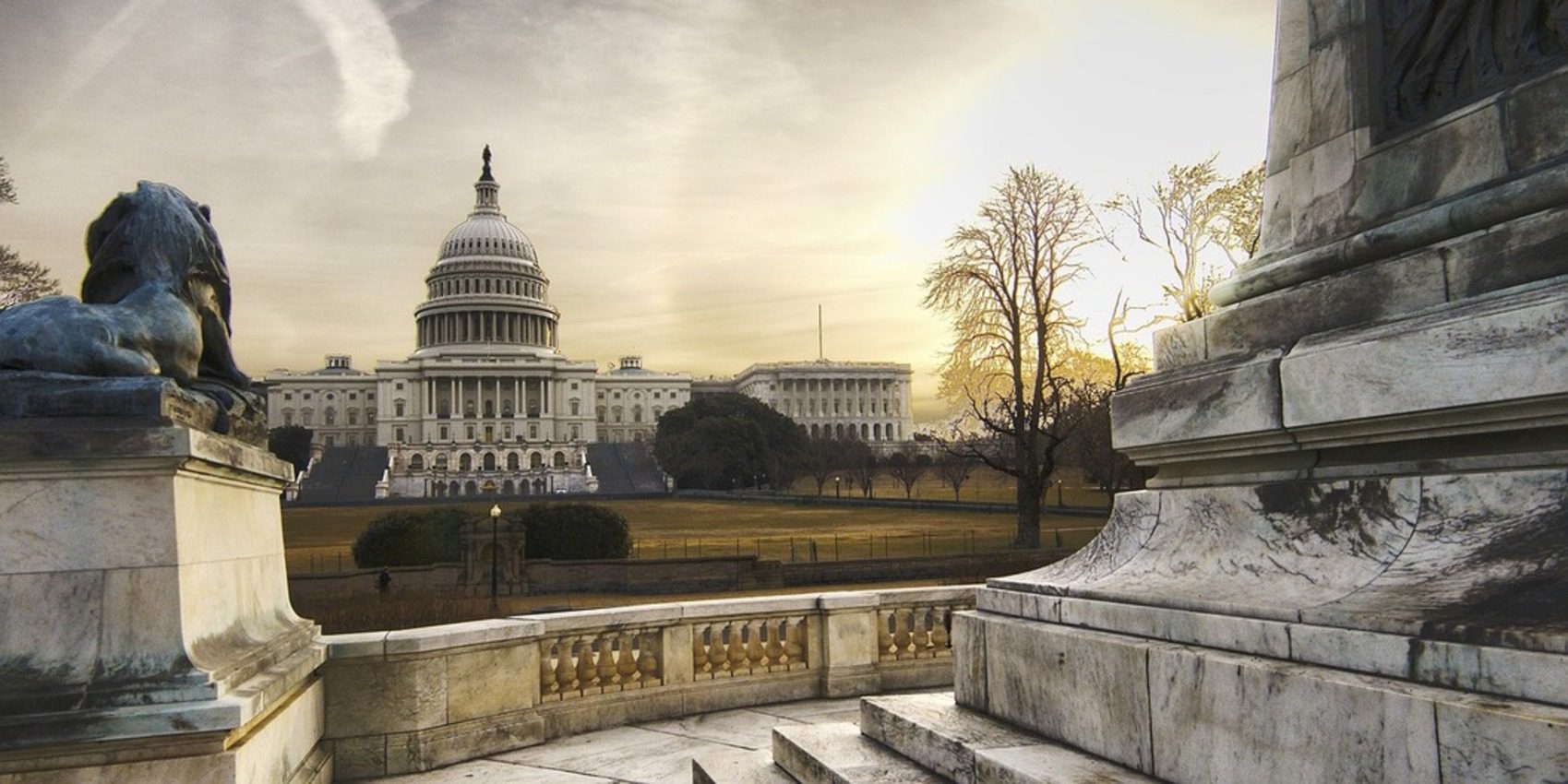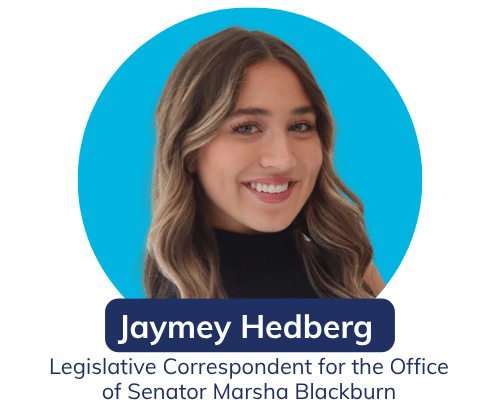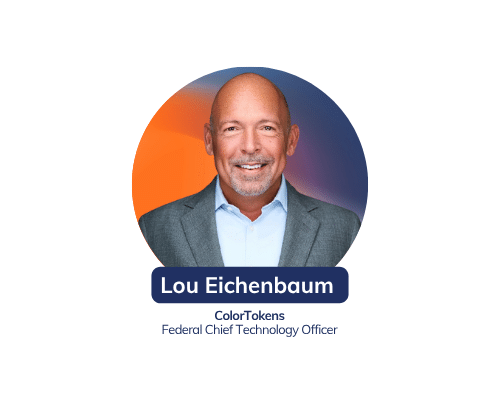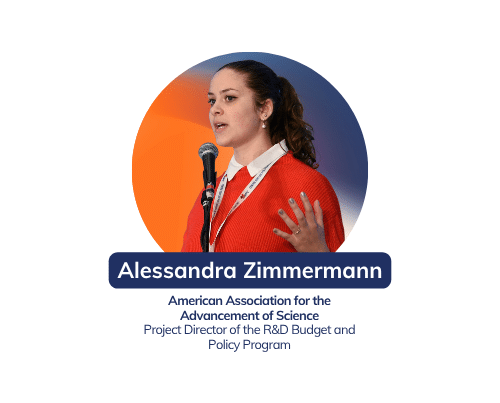Policy, Passion, and Progress
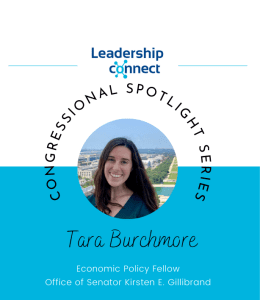
Can you tell me about your career path that you’ve taken that’s led you to where you are now?
I’m actually exactly where my career path started – my first ever internship, eight years ago, was in Senator Gillibrand’s office, through Dartmouth’s Rockefeller Center First Year Fellows program!
I’ve been lucky to intern and work in a variety of professional fields, including law, corporate relations, philanthropy, and tech policy. These have all been helpful data points in determining what I want out of my career, and led me to pursue a master’s degree in public policy.
I graduated last summer and moved to DC to be a congressional fellow, starting in Senator Lummis’s office running the Senate Financial Innovation Caucus. My fellowship offered me the opportunity to rotate into my current role in Senator Gillibrand’s office, which I began in April.
Which specific policy areas or legislative issues are you most passionate about, and how do you stay informed and engaged in those areas?
I’m most passionate about expanding economic opportunity through technology. With my background in philanthropy, I realize that access to capital is critical to improving and enriching people’s lives. Financial technology, including crypto and the practical application of blockchain technology, has the potential to break down traditional barriers in financial security and wealth creation.
I am always learning from constituents and advocacy organizations who come to the Hill to speak with staffers! I also read a lot, for background context and to keep up with emerging policy trends. My favorite newsletters include Politico’s Morning Money, Matt Levine’s Money Stuff, and blockchain tipsheet.
Describe a challenging or rewarding project that significantly influenced your growth as a professional. How did you handle the challenge, and what did you learn from the experience?
During the first semester of my master’s program, I realized that many of the policy case studies we read and discussed in classes focused on policy issues exclusive to urban environments. I am from a small town in Idaho, and, immediately prior to starting grad school, worked at a community foundation serving the rural county where I grew up. I know firsthand that rural issues are unique and are often overlooked.
I convinced some classmates to co-found the Rural America Caucus, an organization that went on to bring in speakers, host panels, and connect with other student groups to ensure the inclusion of rural experiences in policy conversations. My experience founding and leading the caucus reminds me to think about the groups who are being left out and unnoticed in policy spaces.
What advice would you give to individuals who aspire to work on Capitol Hill?
I think that many job opportunities on the Hill come down to timing and luck! My advice is to not get discouraged and to keep an open mind. Your job search will not always occur on your ideal timing, and everyone encounters rejection and disappointment at some point.
My own job hunts became much easier when I became more targeted in what I wanted out of a job. Speaking to people currently in roles that might interest you can help you learn more about the work environment and what the role entails, ultimately making you more successful when you enter your next position.
What do you believe sets Capitol Hill apart as a unique work environment, and how do you navigate its challenges in your everyday work?
Few other workplaces are shaped by a constant stream of constituents, advocates, and tour groups, who have traveled from around the country and the world to see (and, sometimes, influence) Congress and how it works. I come here every day, but for the people walking around the Senate office buildings who don’t work here, this is a special opportunity and an exciting day.
It is a privilege to work on the Hill, and the sense of appreciation that percolates from visitors helps mitigate the disillusionment of staff. Also, every day at work, people come in to tell me about interesting things going on in the world. What could be better than that!
Word association, what is the first word that comes to mind for each of these?
Policy – Solutions
Networking – Conversations
Writing Skills – Essential
Working on the Hill – Fulfilling
Leadership Connect – Network
To be featured or learn more, reach out to Gabi Thomas, and spread the word to any colleagues who would be interested.
Be sure to follow the LinkedIn profile for more news and to see who is featured each week!


